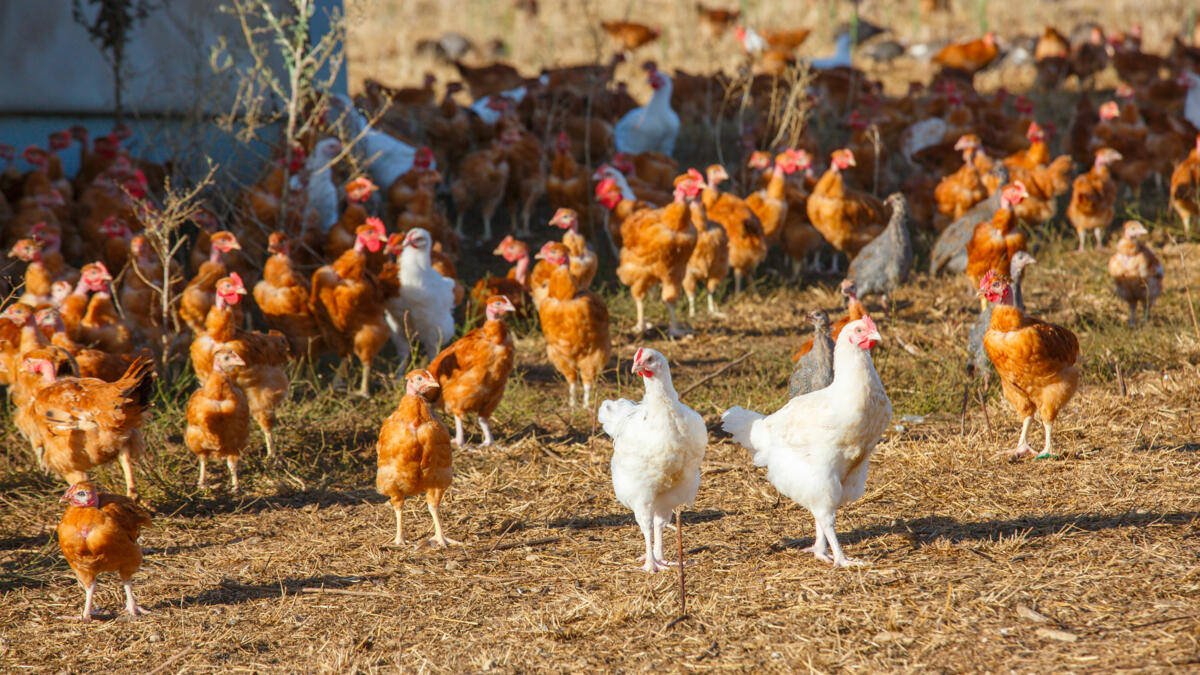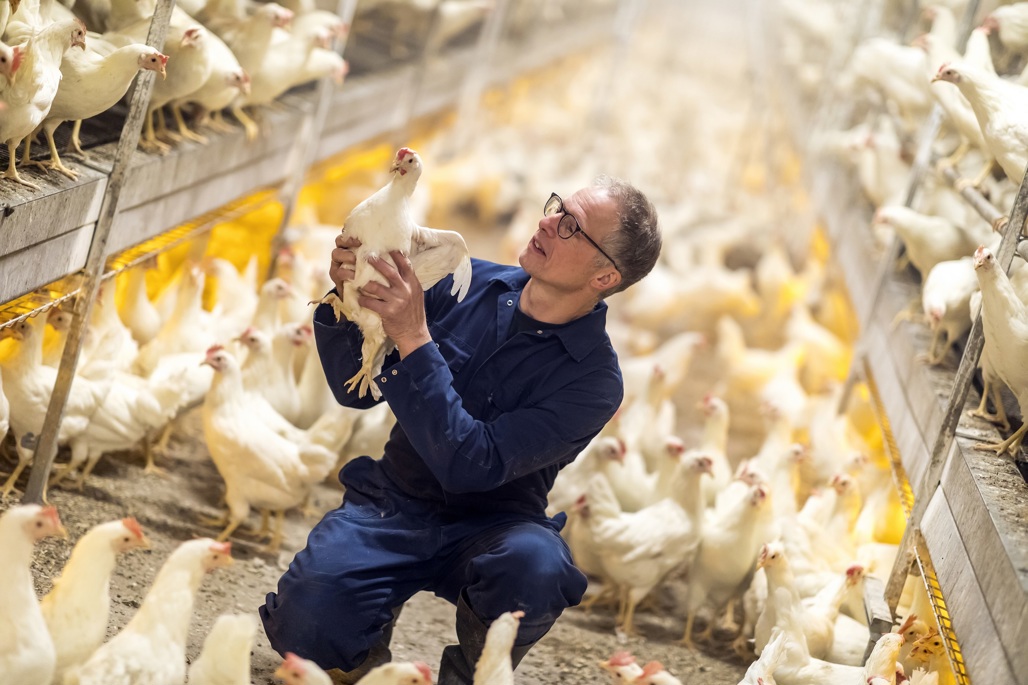Chicken husbandry is a rewarding venture that requires dedication, knowledge, and proper management. To ensure the success of your poultry farming endeavors, it is essential to understand the intricacies of chicken care, including housing, nutrition, health management, and biosecurity. This comprehensive guide will walk you through the key aspects of successful poultry husbandry, providing you with the insights needed to thrive in this field.
Understanding Chicken Husbandry
Basics of Chicken Husbandry
Chicken husbandry involves the management and care of domestic chickens to optimize their health and productivity. It encompasses a variety of practices, including feeding, housing, health care, and overall management of the flock. By mastering these fundamental principles, poultry farmers can create a conducive environment for their chickens to flourish.
Importance of Proper Housing
Proper housing is paramount in chicken husbandry. Chickens need a safe, comfortable, and well-ventilated space to live. The coop should be designed to protect them from predators, extreme weather conditions, and ensure good air circulation. A well-structured coop with adequate space per bird helps in reducing stress and preventing diseases.
Nutrition: The Cornerstone of Poultry Husbandry
Essential Nutrients for Chickens
Providing a balanced diet is crucial for the health and productivity of your chickens. Chickens require a mix of carbohydrates, proteins, fats, vitamins, and minerals. Quality feed that meets their nutritional needs is essential for optimal growth, egg production, and overall health.
Feeding Practices
Implementing effective feeding practices is vital. Ensure that feed is always fresh and stored in a dry place to prevent contamination. Providing clean water at all times is equally important. Supplementing the diet with greens, grains, and occasional treats can also enhance the nutritional intake of your flock.
Health Management in Poultry Farming
Disease Prevention
Preventing diseases is a critical aspect of poultry husbandry. Regular health checks, vaccinations, and maintaining a clean environment are essential measures. Quarantining new birds before introducing them to the flock helps in minimizing the risk of disease spread.
Common Health Issues
Being aware of common health issues in chickens, such as respiratory infections, parasites, and nutritional deficiencies, allows for prompt action. Early detection and treatment can prevent the spread of diseases and reduce mortality rates in the flock.
Biosecurity Measures

Implementing Biosecurity Protocols
Biosecurity is a set of preventive measures designed to protect the flock from infectious diseases. It involves controlling the movement of people, animals, and equipment in and out of the poultry area. Establishing biosecurity protocols helps in minimizing the risk of disease introduction and spread.
Sanitation and Hygiene
Maintaining high standards of sanitation and hygiene is crucial in poultry husbandry. Regular cleaning and disinfection of the coop, equipment, and waterers help in reducing the load of pathogens. Proper disposal of manure and dead birds also contributes to a healthier environment.
Breeding and Flock Management
Selecting Breeds
Choosing the right breed for your poultry farm depends on your objectives. Whether you aim for egg production, meat production, or dual-purpose breeds, selecting breeds that are well-suited to your climatic conditions and management practices is essential.
Managing the Flock
Effective flock management includes maintaining proper flock size, ensuring adequate space, and providing suitable nesting boxes. Regular monitoring of the flock for signs of stress or illness helps in early intervention and maintaining overall health.
Sustainability in Poultry Husbandry

Environmental Considerations
Sustainable poultry farming practices focus on minimizing the environmental impact. This includes responsible waste management, using renewable resources, and reducing the carbon footprint. Implementing these practices not only benefits the environment but also enhances the long-term viability of your poultry farm.
Economic Sustainability
Economic sustainability involves managing resources efficiently to ensure profitability. This includes optimizing feed usage, reducing waste, and implementing cost-effective management practices. Keeping detailed records of expenses and income helps in making informed decisions for the financial health of the farm.
Conclusion
Mastering chicken husbandry is a journey that involves continuous learning and adaptation. By understanding the fundamental principles of housing, nutrition, health management, and biosecurity, poultry farmers can create a thriving and productive environment for their chickens. Implementing sustainable practices ensures the long-term success and profitability of the poultry farm. With dedication and proper management, poultry farming can be a highly rewarding and fulfilling endeavor.

